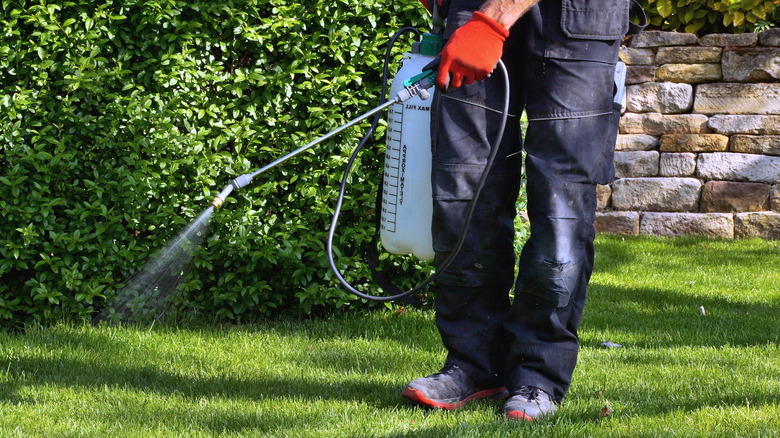Garden moles, though small, can wreak havoc on lawns and gardens. Their underground tunneling disturbs the aesthetic appeal and makes the soil loose, potentially uprooting or harming plants. Additionally, their activity around plant roots can weaken them, leading to their eventual death. Furthermore, these tunnels can invite other unwanted pests like grubs and insects, exacerbating the damage to your green spaces. A natural solution to deter these nuisances is cinnamon.
You can harness cinnamon’s repelling power in a few different ways. One effective method is through direct application. Sprinkle cinnamon in mole-prone areas to dissuade them from tunneling. If you want to use commercial repellents instead, opt for those containing cinnamon, garlic, and similar natural ingredients. These repellents not only deter moles but are also eco-friendly. Another option is to create your own DIY mole deterrent by combining 2 teaspoons of cinnamon with 4 cups of warm water. Once blended, spray around your yard for a potent, homemade repellent. Overall, cinnamon offers an environmentally friendly and effective means to keep garden moles at bay, ensuring your yard remains pristine.
Why cinnamon is an effective mole deterrent

Cinnamon is not just a delightful spice — it’s also a powerful ally for gardeners. This versatile natural ingredient is renowned for repelling pests and combating diseases that might afflict plants. Due to its inherent anti-fungal and repellent qualities, cinnamon is a promising alternative to harsh chemical pesticides. Incorporating it into garden care promotes healthier plants and fosters a safer and more eco-friendly environment.
While beneficial in gardens, cinnamon requires careful handling. Some people might experience skin irritation from direct contact, so wearing gloves is recommended. Also, avoid getting cinnamon in your eyes, as it can be very irritating. Wearing eye protection can help lessen this risk. While cinnamon is typically safe for humans and pets, it can be harmful in large quantities (via Rover). Even though cinnamon is natural, overuse can lead to serious side effects. While cinnamon is a great organic alternative to chemicals, handling it with care and awareness is crucial.
